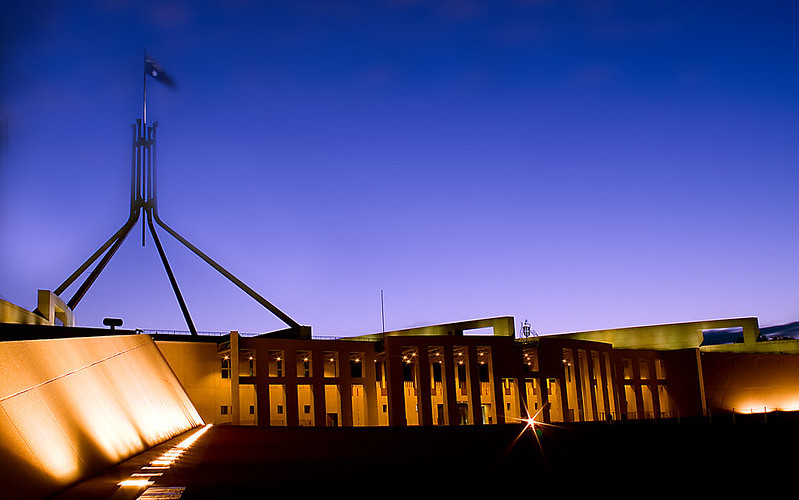Election predictions: Mismatch between polls and pundits
February 16, 2022
Before voting in a May election, the public must expect commentator confusion, as in the contrast between predictions from polls and and the judgements of pundits.
To maintain voters interest in a two horse, Coalition v. Labor race, the pundits are fearful, obliged to offer opinions which ignore evidence.
For most of the past six months, the polls display a two party preferred Labor party lead ranging from eight to twelve percent, which if repeated on election day should result in a landslide victory, the Liberals and Nationals barely in contention.
The governments policy disarray plus polling confirming the Prime Ministers rapidly declining popularity suggest that pollsters predictions about an election outcome are unlikely to be wrong. Nevertheless the pundits, not fully recovered from the scars and trauma following the 2019 election, are unwilling to appear certain about anything.
Day after day, newspaper columnists take no risks. Despite polls perceiving a landslide, cautious pundits predict the opposite. To a mesmerised public they explain, the election will come down to a few seats or voters are faced with what is expected to be a close election.
The best form of journalistic risk insurance comes with the stereotype clichs that a day is a long time in politics and anything can happen. As we get closer to polling day, the usual judgement too close to call, will be removed from mothballs and offered as the only certainty.
This year, with the appearance of significant Independents in seats where voters are thought to be concerned about climate change and energy policy, a new fifty cents each way bet appears in predictions about a hung parliament. But in X-rays of opinion polls, it is is difficult to find signs of infection leading to a hung parliament.
Given the Greens and other crossbench candidates will win seats in the Senate, its unlikely that one party will control this upper house. But if theres a landslide winner in the House of Representatives, how will government be hung?
With its negative connotation, the adjective hung presupposes being unable to move or, at worst, having your neck stretched. Instead, it could mean the prospect of cooperative, long term visionary government. Even that outcome, displayed by election of some independents, does not confound the conclusions of opinion polls.
Commentary on Australian democracy is characterised by this mismatch between carefully collected evidence about voters intentions and political journalists ways of saying this cant be right.
The governments record and the oppositions intentions are assessed in the polls. But the pundits, still reeling from money lost on the wrong horse in 2019, are desperate to avoid any winner-takes-all conclusions.
Journalists write as though, in the May election, the pollsters scientific reliability will be the issue. Journalists must maintain confusion. Commentary should avoid appearing certain, let alone use the word landslide, even if that appears to reflect the hopes of a majority of voters.

